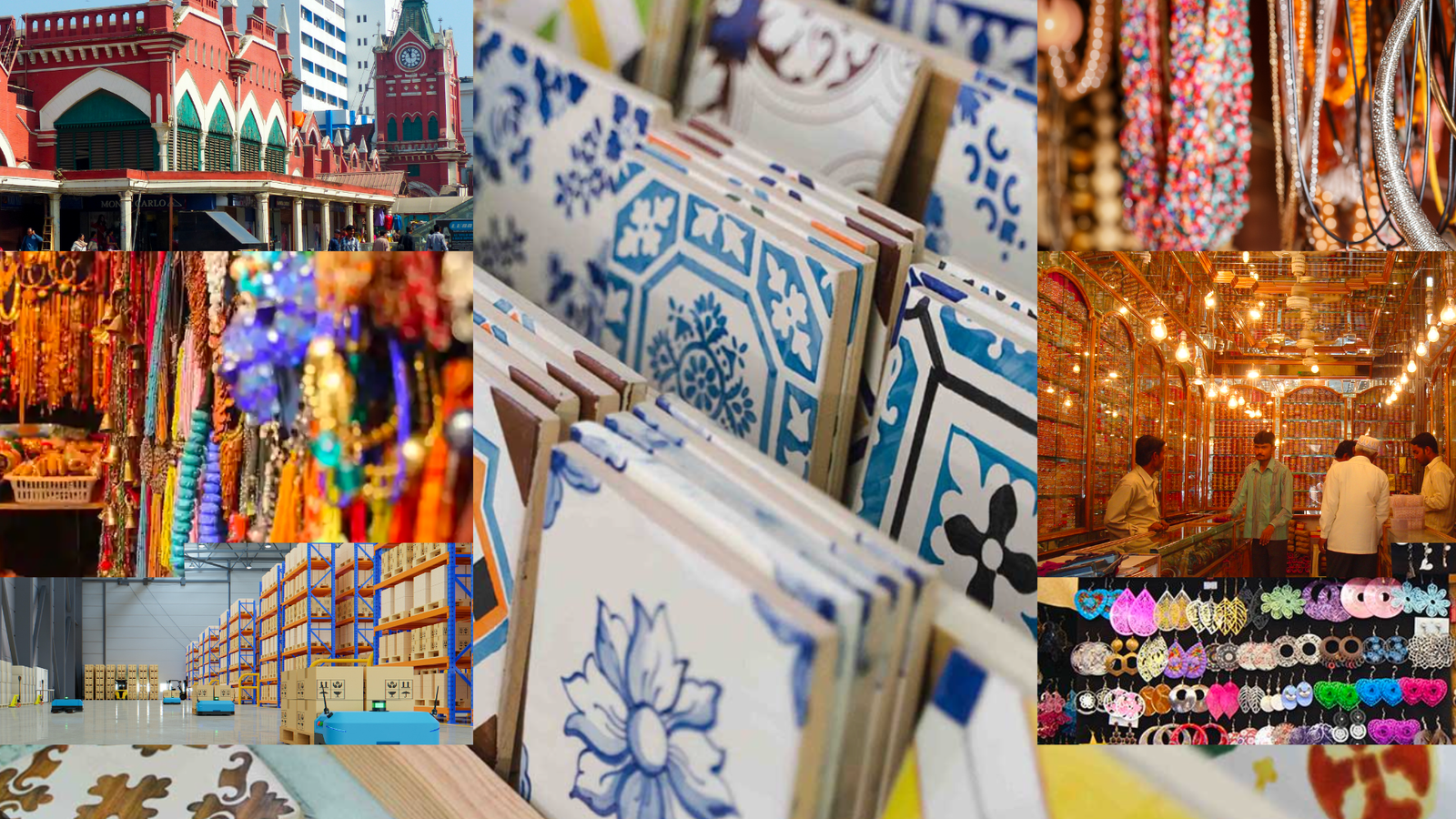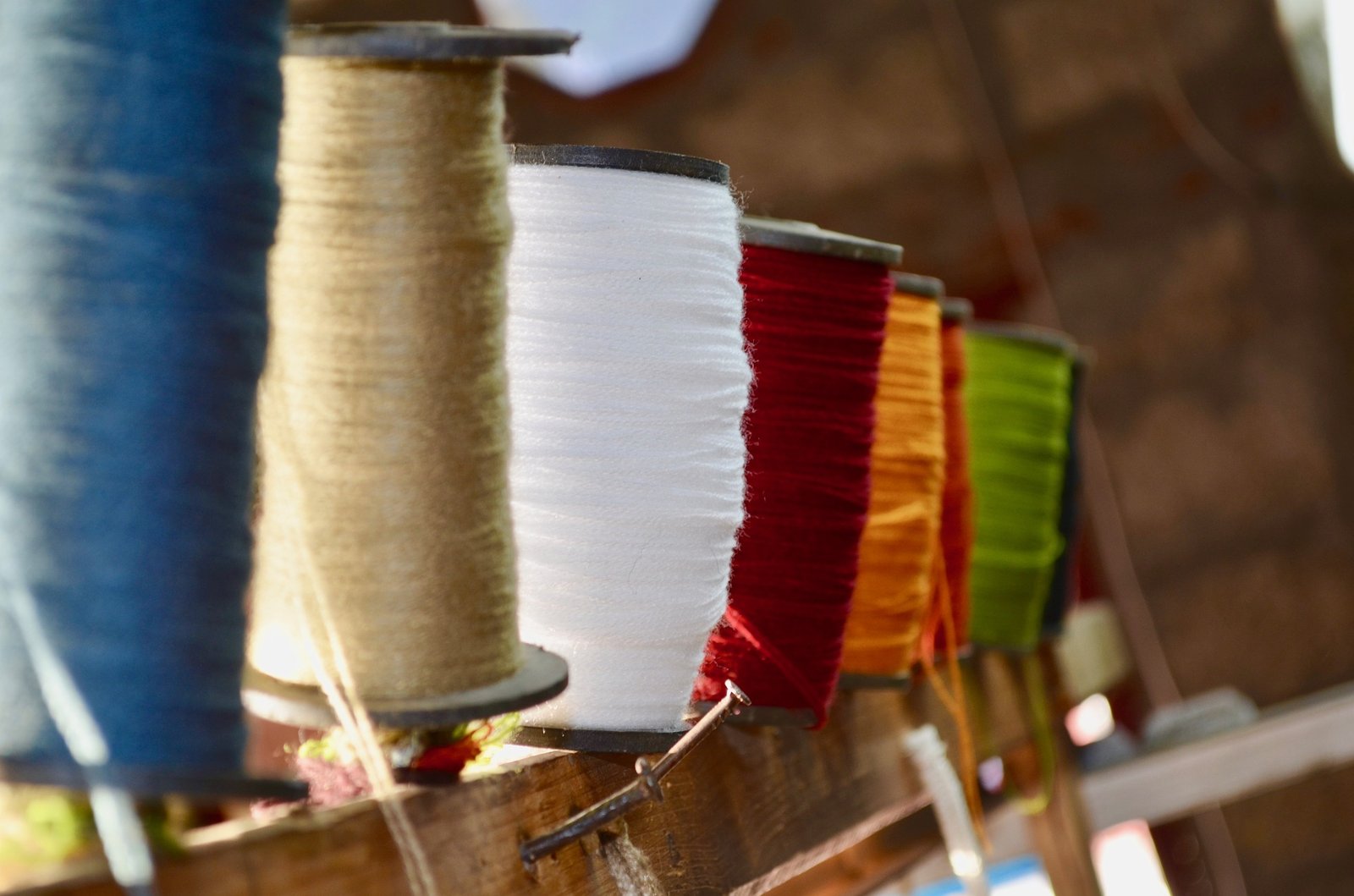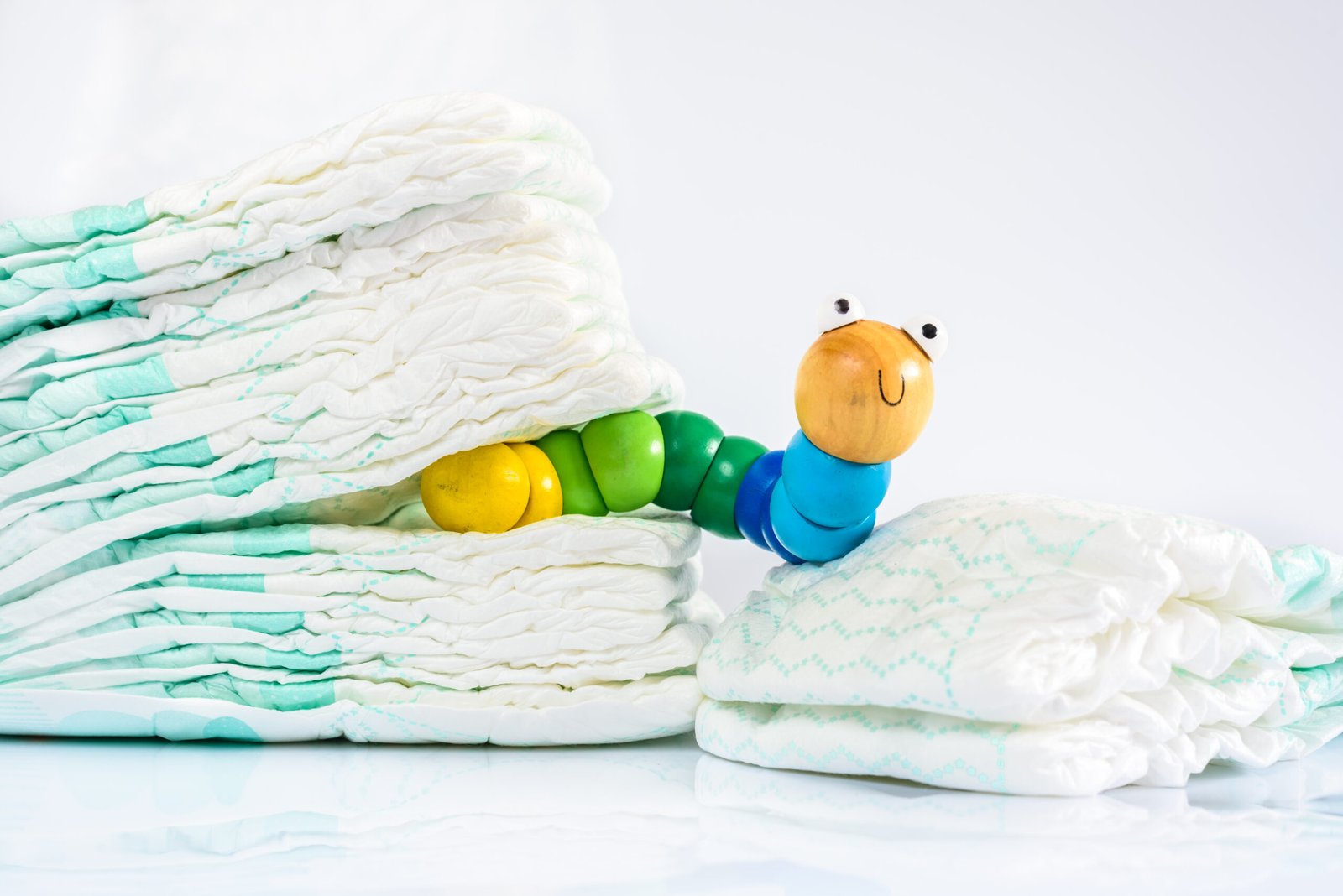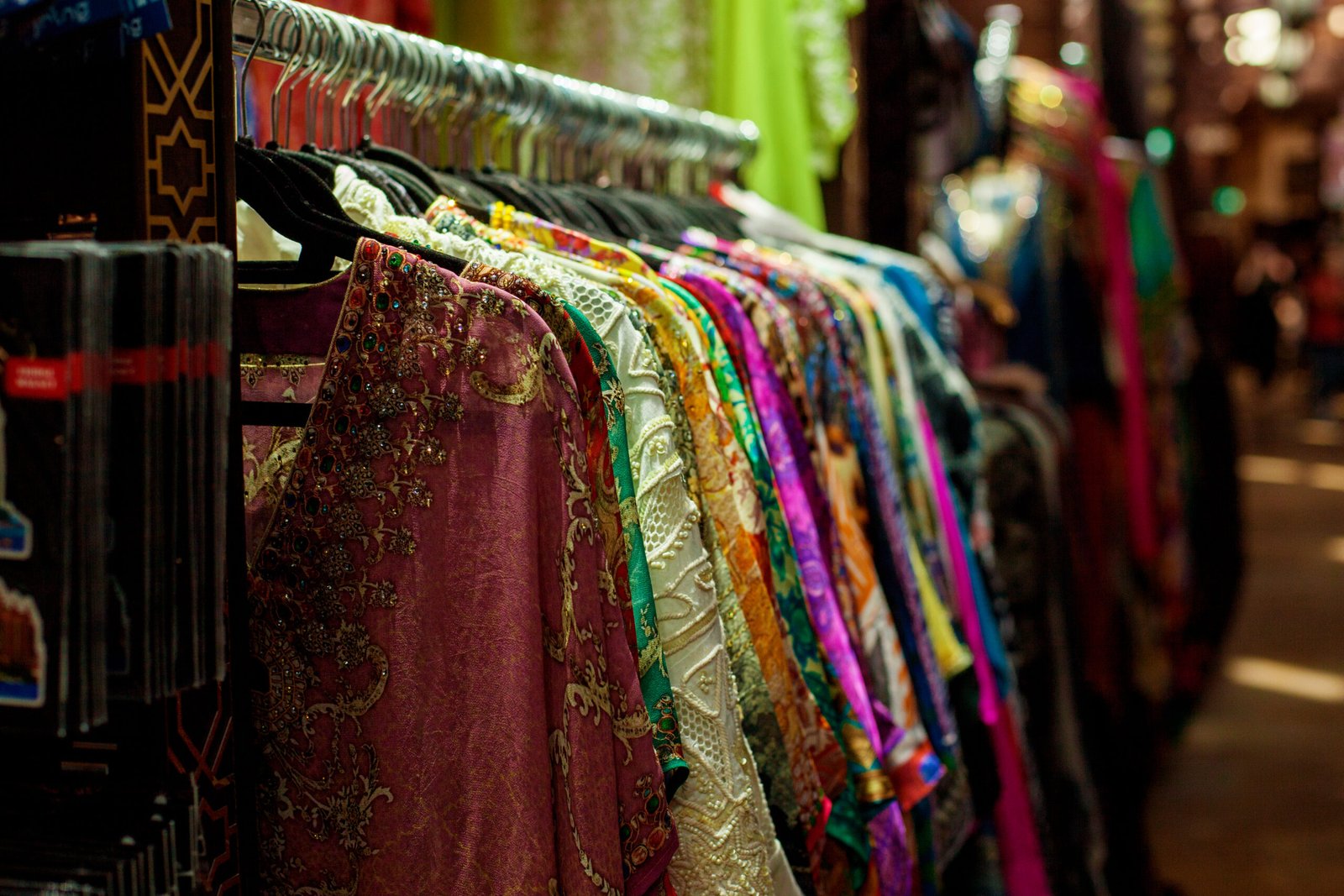Brick manufacturers in India
India’s brick manufacturing sector stands as a cornerstone of the country’s booming construction industry, propelled by an ever-growing demand fueled by rapid urbanization, significant infrastructure development, and an increasing awareness towards sustainable building practices. As we delve into the heart of this dynamic industry, it becomes apparent that the humble brick is not so humble after all. It carries the weight of India’s architectural aspirations and stands testament to the nation’s ability to blend tradition with innovation.
The Indian subcontinent, with its vast and varied landscape, has been home to brick-making for centuries, evolving over time from the ancient kilns dotting the banks of the Indus River to the modern, eco-friendly manufacturing units spread across its length and breadth today. This journey of transformation has led to the creation of a diverse array of bricks – each type serving different facets of the construction sector and catering to the unique climatic, aesthetic, and structural needs of India’s varied geography.
The driving forces behind this burgeoning demand are manifold. India’s population growth and urban migration patterns necessitate the rapid expansion of housing, commercial spaces, and infrastructure projects. Coupled with government initiatives aimed at bolstering infrastructure and the private sector’s investment in real estate development, the stage is set for a sustained period of growth in the brick manufacturing sector.
Moreover, a shift towards sustainable building materials reflects a global trend towards environmental responsibility. Indian brick manufacturers are at the forefront of this shift, innovating with materials and methods to reduce the carbon footprint of their products. From traditional clay bricks that use earthy materials to modern fly ash variants that repurpose industrial waste, India’s brick industry is a mosaic of old-world techniques and cutting-edge innovations.
As we explore the landscape of brick manufacturing in India, we uncover not just the bricks that build homes and cities but the stories of craftsmanship, innovation, and sustainability that build the future. This journey into India’s brick manufacturing sector is more than an exploration of materials; it’s a glimpse into the heart of a nation building towards a sustainable future.
We also recommend checking out our blog on sourcing high-demand Amazon products from India High-Demand Amazon Products Sourcing from India
Types of Bricks Manufactured in India
India’s rich tapestry of construction materials is nowhere more evident than in its diverse range of brick offerings. The brick manufacturing sector in India is a vibrant part of the construction industry, continually evolving to meet the demands of modern construction while staying true to sustainable practices. Here, we explore the various types of bricks that form the backbone of Indian architecture, each with its unique characteristics and applications.
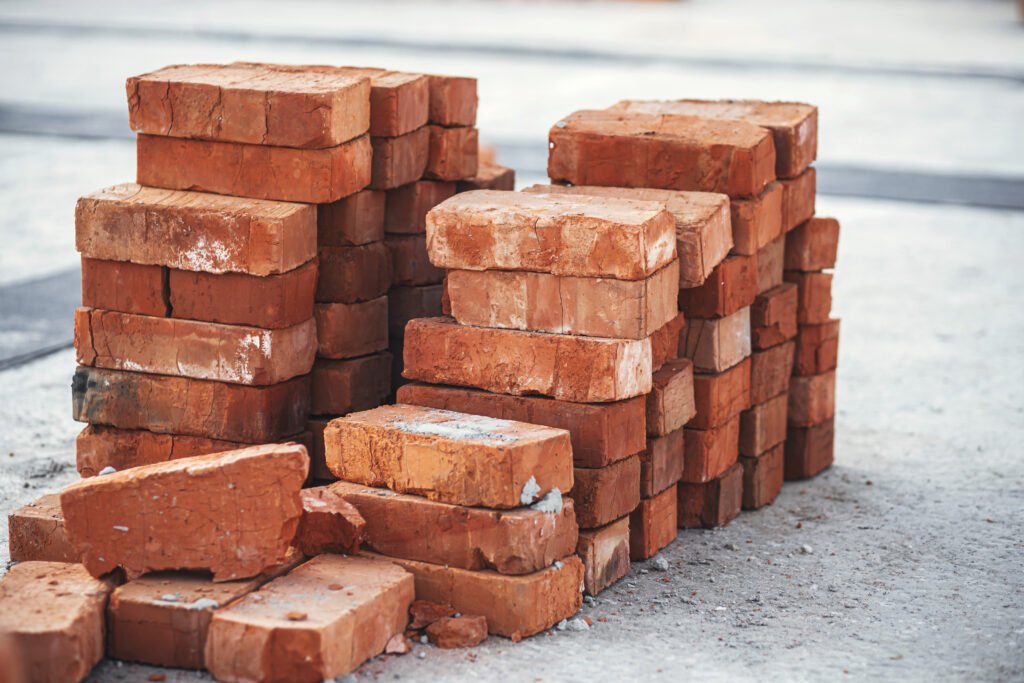
1. Traditional Clay Bricks
The quintessential Indian brick, the traditional clay brick, has been a staple of construction for thousands of years. Made from natural clay sourced from the earth, these bricks are shaped, sun-dried, and then fired in kilns at high temperatures. The result is a sturdy, durable brick with excellent thermal mass, making it ideal for the varied Indian climate. Clay bricks are revered not just for their structural integrity but for their aesthetic appeal, lending a timeless charm to buildings.2. Innovative Fly Ash Bricks
A testament to India’s commitment to sustainable building practices, fly ash bricks are made from the ash produced by coal-fired power plants. This innovative approach not only repurposes industrial waste but also results in bricks with superior strength, lower water absorption rates, and greater thermal insulation properties compared to traditional clay bricks. Fly ash bricks are a shining example of how India is leveraging technology to create environmentally friendly construction materials.3. Concrete Blocks
Another popular choice in the modern construction landscape is the concrete block. Made from a mixture of Portland cement, aggregates, and water, these blocks are known for their versatility and strength. Concrete blocks are particularly favored in commercial and industrial construction projects for their fire resistance and sound insulation properties. They are available in various sizes and can be hollow or solid, depending on the application.4. Eco-Friendly Alternatives
In response to the growing environmental consciousness, the Indian brick industry has seen a surge in the production of eco-friendly alternatives. These include bricks made from recycled materials, such as plastic and construction waste, which not only help in reducing the environmental footprint but also offer enhanced durability and insulation properties. Innovations like stabilized mud blocks and interlocking bricks also fall under this category, promoting the use of local materials and energy-efficient construction methods.5. Navigating the Market
For builders and developers, choosing the right type of brick involves considering factors such as the project’s specific needs, environmental impact, and budget. The quality of bricks, as indicated by their compressive strength, water absorption rates, and durability, plays a crucial role in this decision-making process. Partnering with reputed manufacturers ensures access to high-quality materials that meet the stringent standards of modern construction. As we delve deeper into the types of bricks manufactured in India, it becomes clear that the country’s brick industry is not just about producing building blocks. It’s about crafting solutions that meet the dual demands of innovation and sustainability, paving the way for a future where construction is synonymous with environmental stewardship.The Brick Manufacturing Process
The process of brick manufacturing in India is a fascinating blend of ancient techniques and modern innovations, each step meticulously designed to produce bricks that are not just building materials, but the very foundation upon which the dreams of a growing nation are built. From the rich soils of the Indian subcontinent to the advanced manufacturing units dotting its landscape, the journey of a brick from clay to construction site is a testament to India’s rich heritage of craftsmanship and its relentless pursuit of innovation. Let’s explore the key stages in the brick manufacturing process:
1. Sourcing Raw Materials
- Clay Extraction: The journey begins with the extraction of clay, the most traditional raw material for brick making, from the earth. This is done in an environmentally responsible manner, ensuring the sustainability of resources.
- Fly Ash Collection: For the production of fly ash bricks, ash is collected from thermal power plants, showcasing an innovative approach to recycling industrial waste.
2. Preparation
- Cleaning and Mixing: The raw materials, whether clay, fly ash, or a mix involving cement and stone dust, are thoroughly cleaned and mixed to achieve a uniform consistency. Water is added to the mixture to prepare it for molding.
- Aging: The mixture is then allowed to age for a period, a critical step for clay bricks, enhancing the plasticity of the clay, making it easier to shape.
3. Shaping
- Molding: The prepared mixture is then molded into the desired shape, either manually, using traditional molds, or through sophisticated machinery for uniformity and efficiency.
- Drying: Post-molding, the bricks are left to dry. Sun-drying is a traditional method, while modern facilities use drying chambers to speed up the process and ensure consistency.
4. Firing
- Kiln Firing: The dried bricks are then fired in kilns. Traditional kilns, like clamp or Bull’s Trench kilns, have been used for centuries. However, modern methods employ more efficient and environmentally friendly technologies, such as tunnel kilns or Vertical Shaft Brick Kilns (VSBK), reducing pollution and energy consumption.
- Cooling: Post-firing, bricks are slowly cooled. This step is crucial for developing strength and durability.
5. Quality Control
- Testing: Each batch of bricks undergoes rigorous testing for compressive strength, water absorption, size, shape, and durability to ensure they meet the high standards expected by the construction industry.
6. Innovation and Sustainability
- Eco-friendly Practices: Innovations in brick manufacturing include the use of recycled materials and the adoption of energy-efficient kiln technologies. These practices not only enhance the sustainability of the production process but also contribute to the overall goal of reducing the construction industry’s carbon footprint.
Navigating the Path to the Perfect Brick Manufacturer
Finding the right brick manufacturer for your construction project in India is akin to laying the foundation for success. It’s a decision that goes beyond mere cost calculations, embedding itself in the very ethos of quality, sustainability, and reliability. As India’s brick manufacturing sector evolves, understanding how to choose a manufacturer that not only meets but exceeds your project’s needs becomes paramount. Here are key considerations to guide you in making this crucial choice:
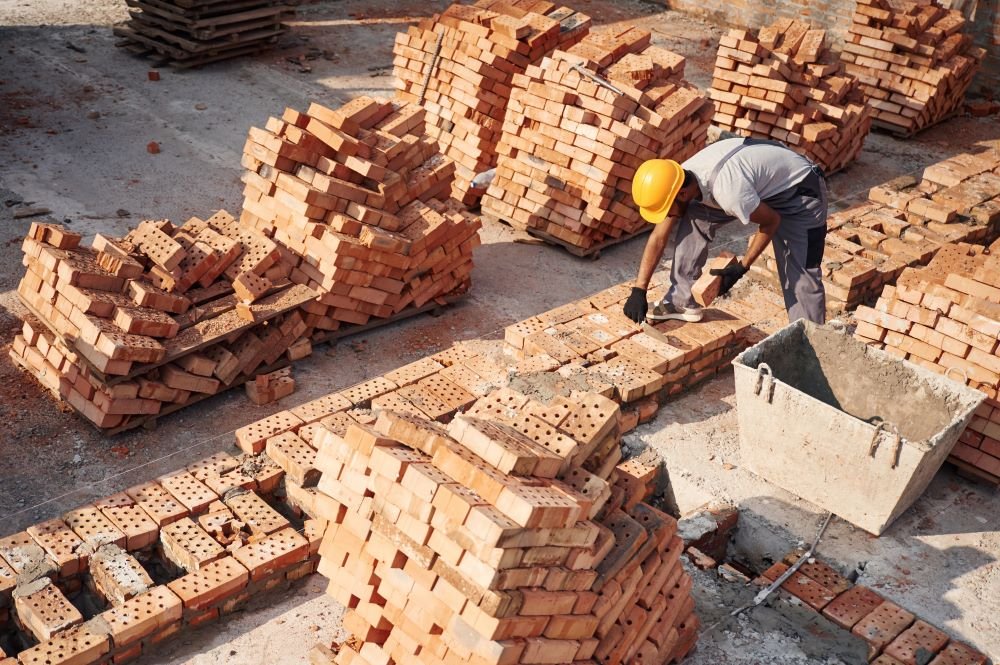
Quality: The Cornerstone of Your Selection
- Certifications and Standards: Look for manufacturers that adhere to Indian standards for brick manufacturing, such as IS 1077 for common burnt clay building bricks. Certifications can be a testament to a manufacturer’s commitment to quality.
- Product Range and Customization: Evaluate whether the manufacturer offers a variety of brick types that suit your specific project requirements, including the ability to customize products if necessary.
Sustainability: Building Responsibly
- Eco-friendly Materials and Practices: Prioritize manufacturers that utilize sustainable materials and eco-friendly manufacturing processes, such as fly ash or recycled content bricks, which not only lessen environmental impact but can also contribute to green building certifications.
Production Capacity and Efficiency
- Scalability: Assess the manufacturer’s capacity to scale production up or down based on your project timelines and volume requirements. This flexibility can be crucial in meeting project deadlines without compromising quality.
- Technology and Innovation: Manufacturers who invest in modern production technologies and innovative practices are likely to offer higher efficiency, better quality products, and more sustainable options.
Delivery Capabilities: The Final Link
- Logistics and Distribution: Ensure the manufacturer has a reliable logistics network for timely delivery of bricks to your project site, potentially saving you from costly delays.
Tackling Challenges in the Brick Manufacturing Sector
The brick manufacturing industry in India faces its share of challenges, each influencing your choice of manufacturer.
Environmental Impact:
Traditional Kilns vs. Modern Solutions: The environmental footprint of traditional brick kilns is significant. Manufacturers adopting cleaner, energy-efficient kiln technologies, such as VSBK or Hybrid Hoffman Kilns (HHK), represent a better choice for environmentally conscious projects.
Raw Material Scarcity
Sustainable Sourcing: With the depletion of natural resources, manufacturers who source sustainable or alternative materials for brick production can ensure a steadier supply chain and reduce environmental degradation.
Price Fluctuations
Cost-Effective Solutions: The fluctuation in brick prices, influenced by raw material costs and demand, can impact your project budget. Manufacturers who offer competitive pricing without compromising on quality or sustainability are ideal partners.
Government Initiatives and Solutions
Promotion of Fly Ash Bricks: Recognizing the challenges, the Indian government has been promoting the use of fly ash bricks through various initiatives. Choosing brick manufacturers in India that align with these government-supported, sustainable alternatives can contribute to the broader goal of sustainable development.
Selecting the right brick manufacturer is a meticulous process that involves balancing quality, sustainability, production capabilities, and cost. As India moves towards more environmentally conscious construction practices, partnering with manufacturers who not only understand but embody these principles in their production processes will be key to building not just structures, but a legacy of sustainability and innovation.
Envisioning a Sustainable Tomorrow in Brick Manufacturing
As we stand on the cusp of a new era in the construction materials sector, the future of brick manufacturing in India appears not just promising but vibrant with the potential for profound transformation. The industry’s trajectory is increasingly being shaped by a collective drive towards sustainability, bolstered by significant support from both the government and the private sector. This collaborative effort is not merely about meeting the demands of today but laying the foundations for a greener, more sustainable tomorrow.
“Innovation and environmental responsibility are becoming the cornerstones of the brick manufacturing industry in India, paving the way for a future where each brick not only builds structures but also upholds our commitment to the planet.” This encapsulation of the industry’s ethos underlines the pivotal shift towards practices that prioritize ecological balance, resource efficiency, and social responsibility.
The Pillars of Transformation
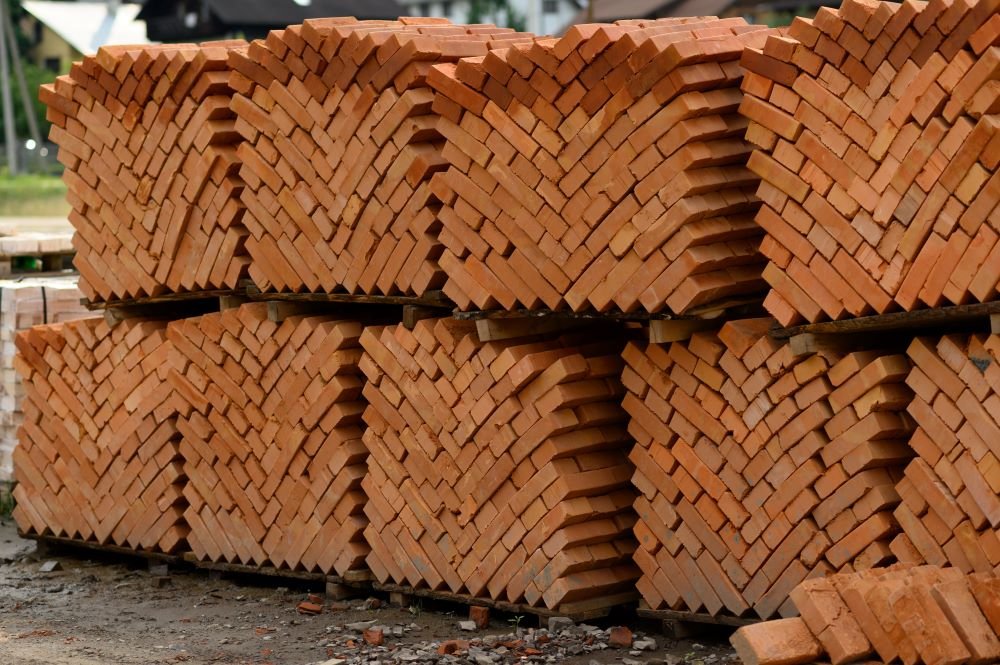
- Sustainability: With an increasing emphasis on reducing carbon footprints, manufacturers are exploring alternative materials and eco-friendly production methods. The adoption of fly ash bricks and the integration of recycling processes exemplify this shift, promising a lower environmental impact.
- Government Support: Initiatives and policies aimed at promoting sustainable practices in the construction sector are providing a strong impetus for change. Subsidies for using waste materials, stricter environmental regulations for kilns, and incentives for adopting green technologies are shaping a conducive ecosystem for innovation.
- Private Sector Investment: Recognizing the dual benefits of sustainability and cost efficiency, the private sector is increasingly investing in research and development of new brick manufacturing technologies. This investment is not just financial but a testament to the sector’s commitment to sustainable development.
- Innovation: The heart of the future lies in innovation – from advancements in kiln technologies to the development of new brick compositions that offer enhanced durability and insulation properties. The pursuit of innovation ensures that the industry remains dynamic, responsive, and aligned with global sustainability goals.
As the brick manufacturing industry in India strides towards a future marked by sustainability and innovation, it stands as a beacon of how traditional sectors can transform to meet the challenges of the 21st century. This journey of transformation is not just about adapting to change but leading it, demonstrating that growth and environmental stewardship can go hand in hand, creating a legacy that future generations will build upon.
